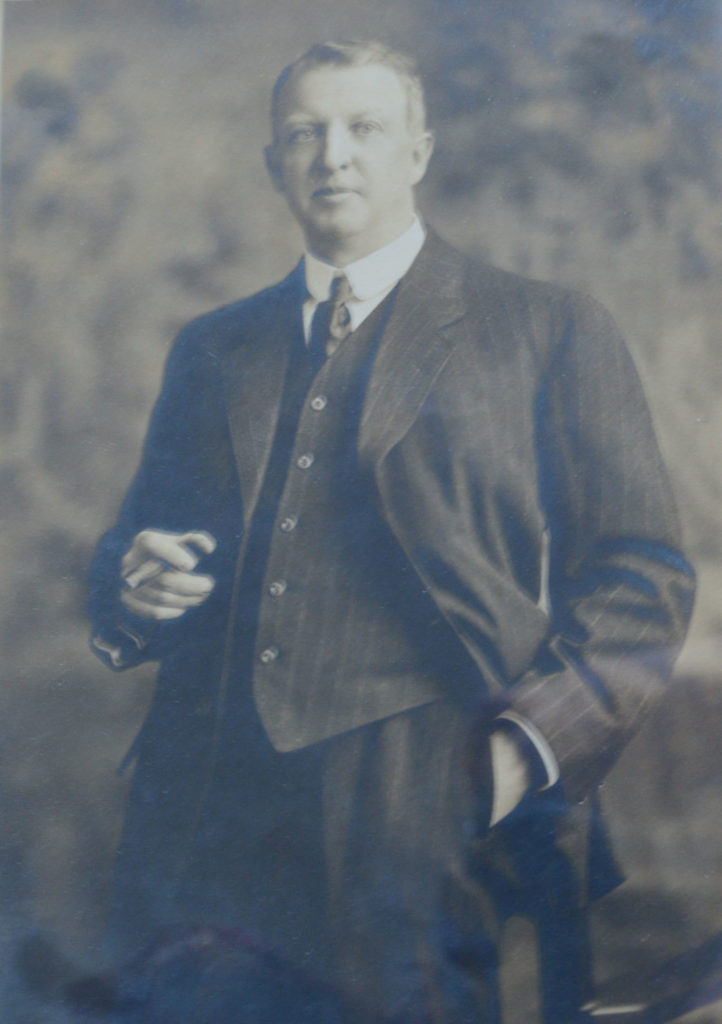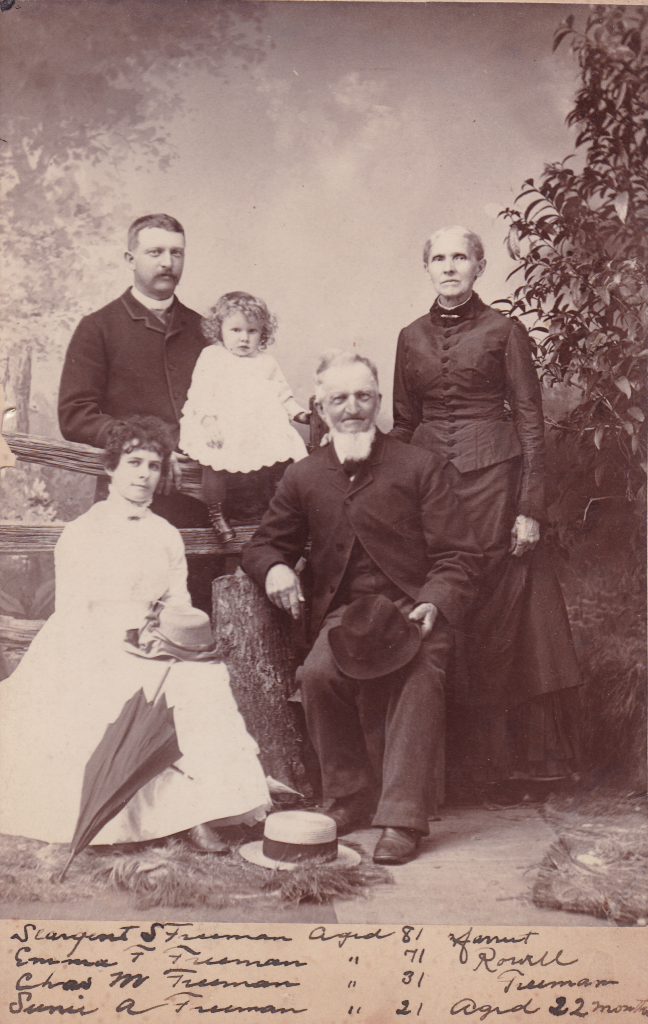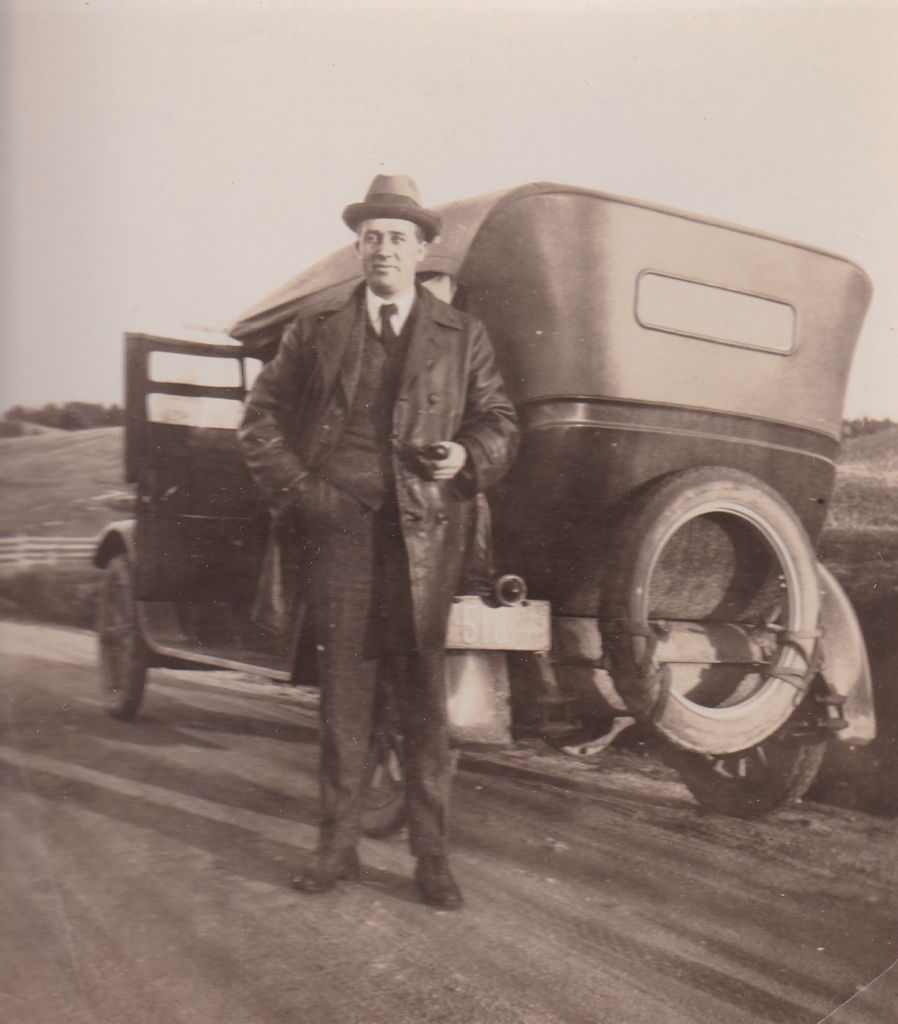Consular Service Career
Charles Freeman joined the American Consular Service in 1898 when he was appointed the Commercial Agent to St. Pierre and Miquelon, joining over 1900 individuals spread over 700 cities and towns across the globe. St. Pierre and Miquelon are French islands located in the North Atlantic Ocean, near the Canadian province of Newfoundland.
During his nine years on St. Pierre and Miquelon, Freeman dealt with a number of sensitive issues for the American Consular Service which led to his advancement in the Service. In 1906 he was appointed the United States Consul to St. Pierre and remained there until 1907. During this time, his daughters attended convent school and took part in the social life of the Islands.
On March 30th, 1907, Freeman was appointed U.S Consul to Durango, Mexico and relocated there with his family soon after. At this time, Charles was in his early fifties, and his daughters had reached adulthood; Harriett was 22 and Mary was 19.
Freeman was stationed in Durango, Mexico from 1907 to 1911, which was a pivotal time in Mexican history. Mexico was undergoing unrest that led to the Mexican Revolution (1910-1921). In the state of Durango, armed rebellions were commonplace and anti-American sentiment was strong. In one report, Freeman stated that, “This district [Durango] is 95% anti-American, and that is a most conservative estimate, for I have yet to meet a Mexican who has any love for the people of the United States as a whole.” Freeman often reported that Americans living in Mexico were trying to leave the area after being targeted by rebel groups.

In September 1911, Mexican troops were sent to Torreon, a city in Durango, to keep order. Mexican nationals and Americans living in the area were afraid for their safety and the potential disorder that could take place and many wanted to leave. Officials in Washington sent Freeman to Torreon to investigate the conditions. His report resulted in a diplomatic representation to the Mexican Government in which he concluded that as long as the troops stayed in the area, citizens would be safe.
During this time, the Freeman family was cut off from all forms of outside communication for six weeks. Although the threat of a prolonged conflict in Freeman’s consular district was enough reason for the Freeman family to want to relocate, Freeman’s relocation to Sydney, Nova Scotia was a promotion. His salary increased from $2000 dollars per year to $3000. Also, he knew his family would be safe from harm and closer to their family and friends in New England. They arrived in Sydney on November 19, 1911.
On May 22nd, 1913, Freeman submitted a report to his superiors that provides us with a glimpse into his family’s trip from Durango, Mexico to Sydney, Nova Scotia, a trip of over 4000 miles. Below is Freeman’s estimation of the expenses accrued by himself and his family to reach and take charge of the Sydney Consulate.
Expenses Incurred: Freeman’s expenses in reaching and taking charge of the Sydney Consulate were approximately as follows:
A) Transportation for self:
| Ticket | $110.00 |
| Pullman | $ 22.50 |
| Meals | $ 20.00 |
| Tips | $ 3.00 |
| Cab Hire | $ 5.00 |
| Excess Baggage | $ 20.00 |
| 3.5 days in Washington Hotel | $ 21.00 |
| 6 days in Boston Hotel | $ 30.00 |
| 1 night, 2 meals in Truro, NS Hotel | $ 2.00 |
| Total | $233.50 |
From this table, we can see that Freeman spent six days in Washington waiting to receive his orders from the Department of State. What these orders regarded is unknown, but more than likely before each of his postings he traveled to Washington to meet with people in the State Department. He also visited Boston before travelling to Sydney to consult with officials and have meetings with exporters as to the conditions in his new district.
On the trip to Sydney, the family spent a night in Truro Hotel because a train wreck caused them to miss their connecting train.
B) The expenses of Freeman family (his wife, Susan and daughters Harriett and Mary):
| Transportation, tickets | $330.00 |
| Pullman | $ 22.50 (x3) = $67.50 |
| Meals | $ 30.00 (x3) = $90.00 |
| Tips | $ 4.00 |
| Cab Hire | $ 4.00 |
| Excess Baggage | $ 25.00 |
| 1 night, 2 meals in Truro, 3 @ $2.00 | $ 6.00 |
| Total | $526.50 |
Below, Freeman provides a summary of how much it cost the family to move their belongings from Durango to Sydney and set themselves up in their new home.
C) Household effects and miscellaneous:
| Transportation of household effects | $ 16.85 |
| Loss on sale of household effects at former post | $ 350.00 |
| Purchase of new household effects in Sydney | $ 850.00 |
| Excess of hotel bills over usual household expenses while seeking a suitable house | $ 30.00 |
| Clothing for journey which would not otherwise have been purchased | $ 60.00 |
| Total | $1576.85 |
Summary:
a) Transportation, self $ 233.50
b) Transportation, family $ 526.50
c) Household expenses $1576.85
Grand Total: $2336.85
In justifying these expenses, Freeman wrote in his report that, “The transfer to Sydney, Nova Scotia was from Durango, Mexico, at a distance of about 4,000 miles. The loss on household effects was undoubtedly greater because of the Mexican Revolution at the time of sale, than it would have been ordinarily. The item of excess baggage is large on account of the fact that all linen, silver and some books were forwarded that way. The freight item was for rugs, blankets, etc. I would call attention to the one thing, namely: If my belongings in Durango had a value of say $850.00 and I lost $350.00 on the sale, securing the cash $500.00 and I purchased in Sydney new $850.00, it looks as though the item for new household effects should not be considered an expense, simply the difference between the sum realized in Durango and the cost of new in Sydney.”

